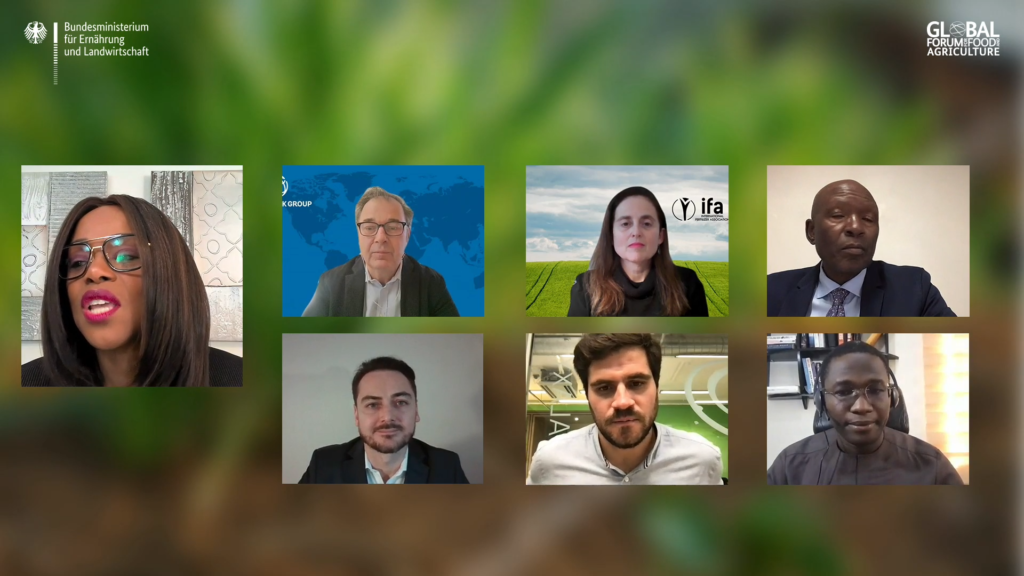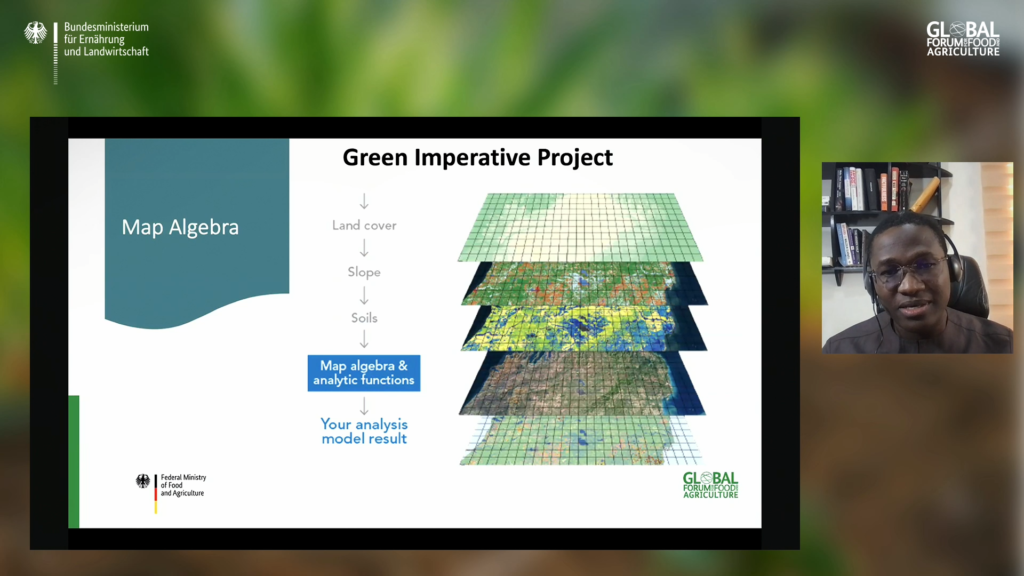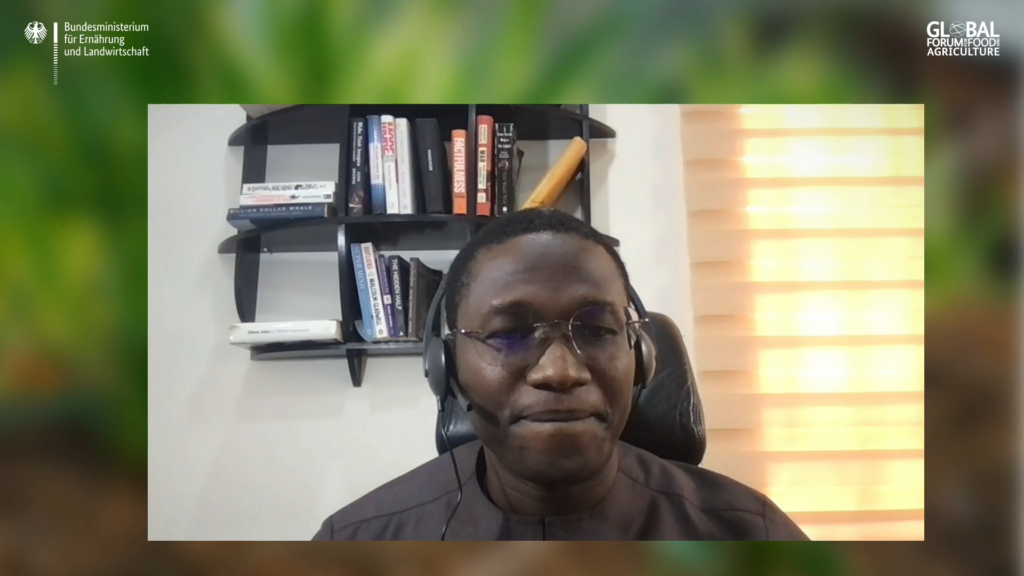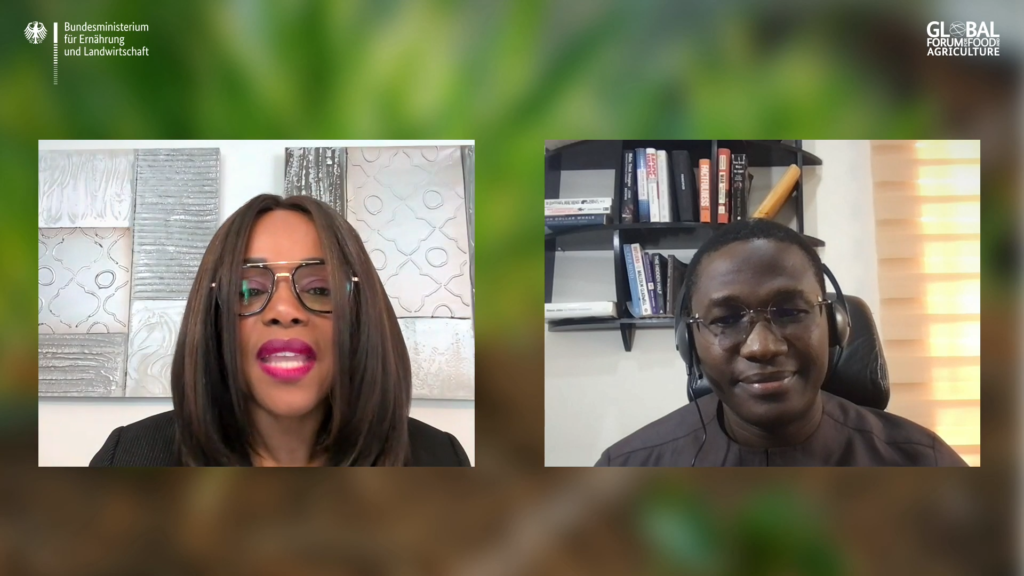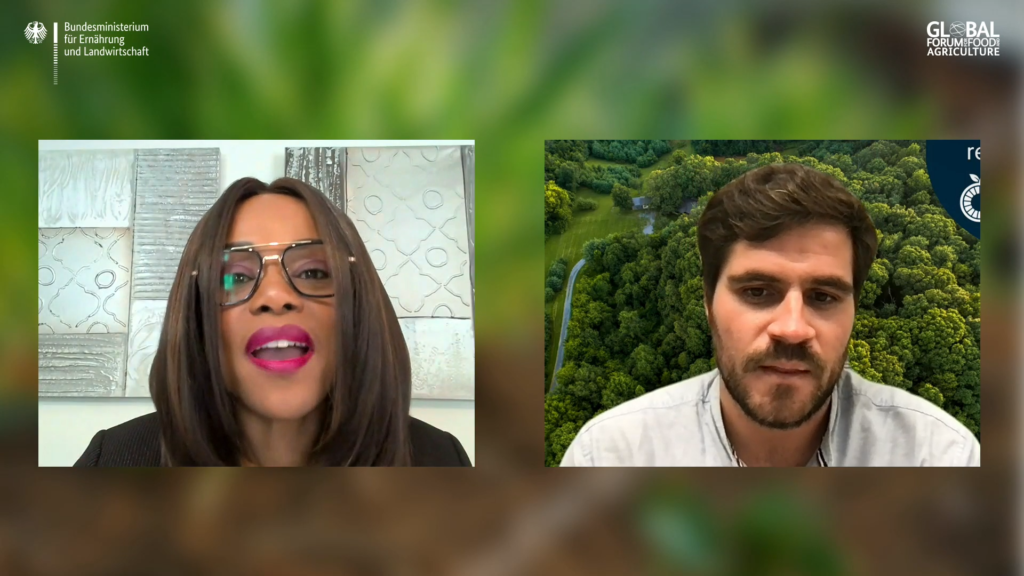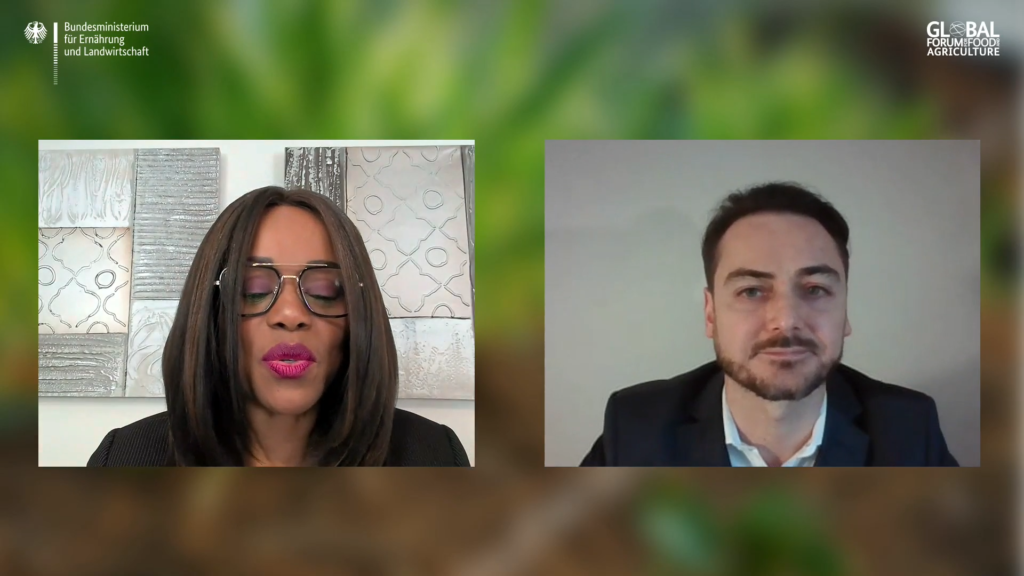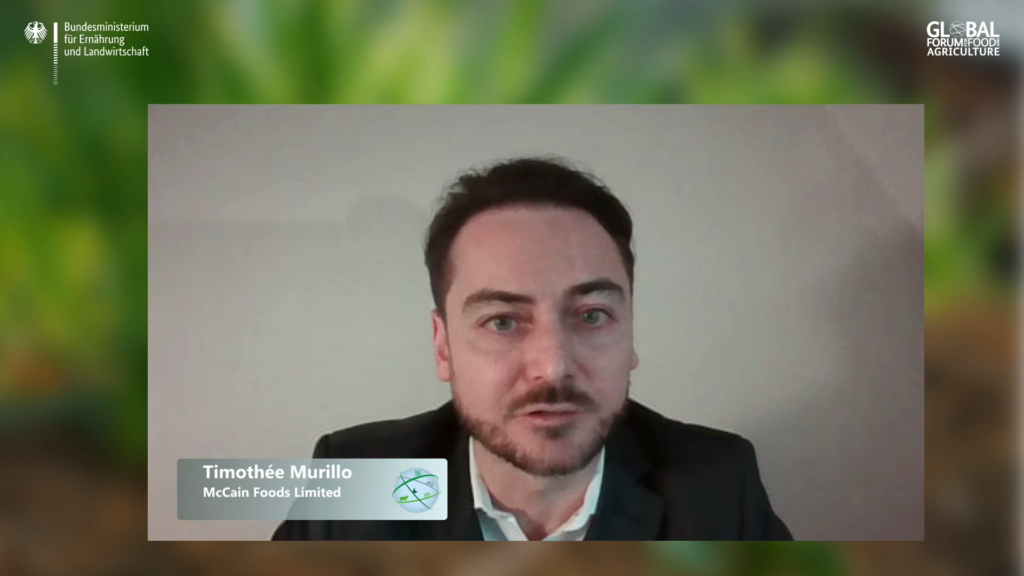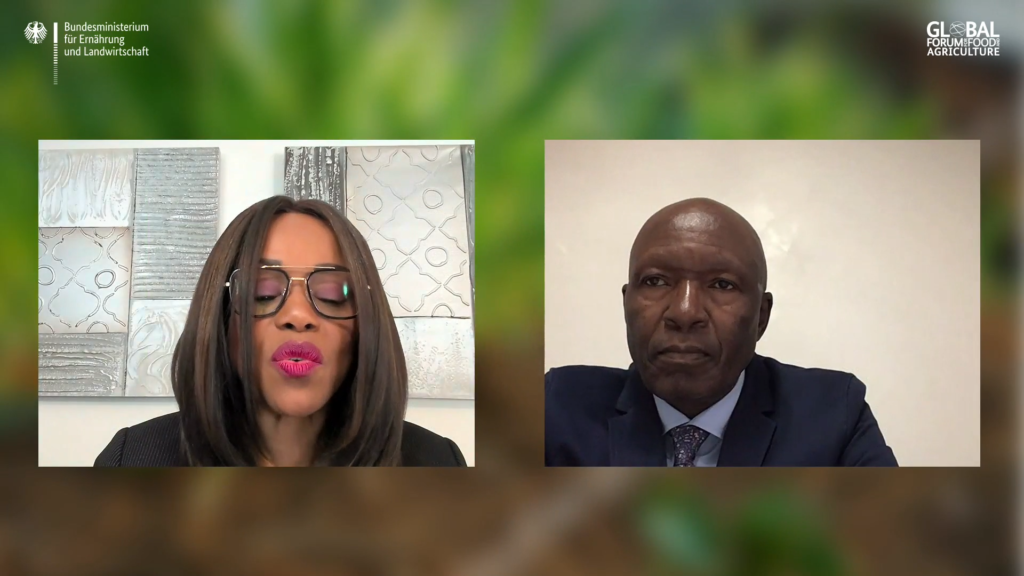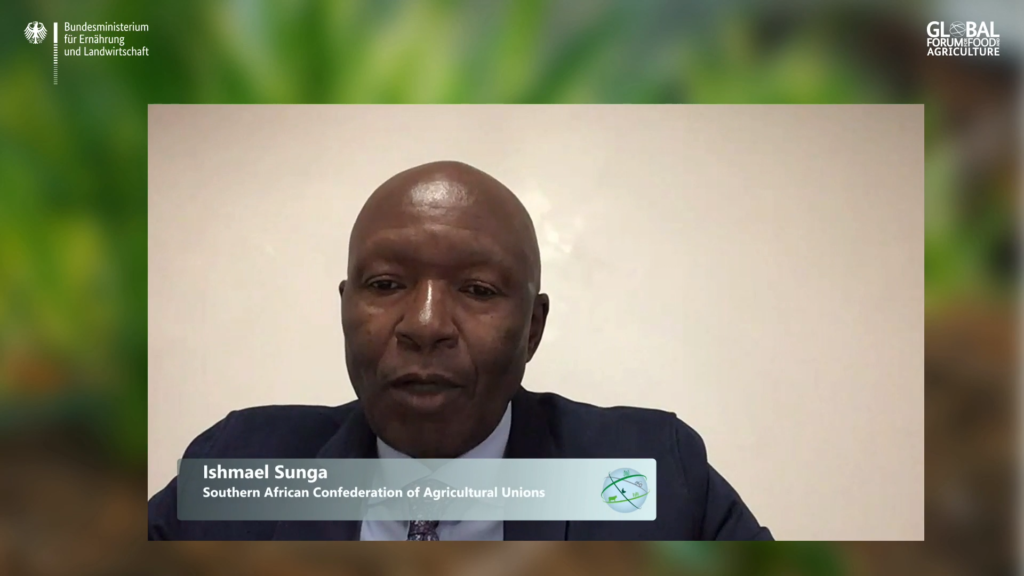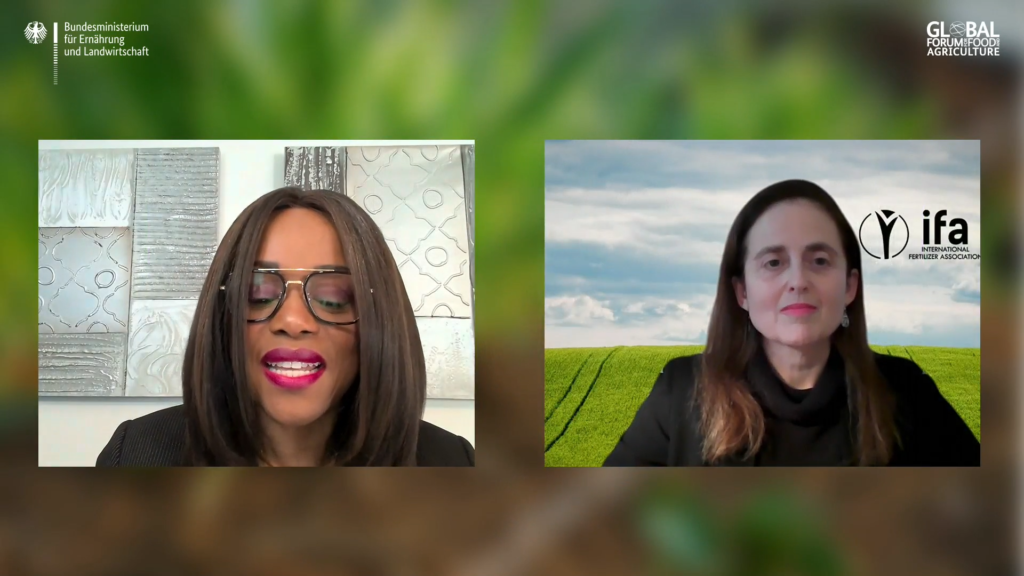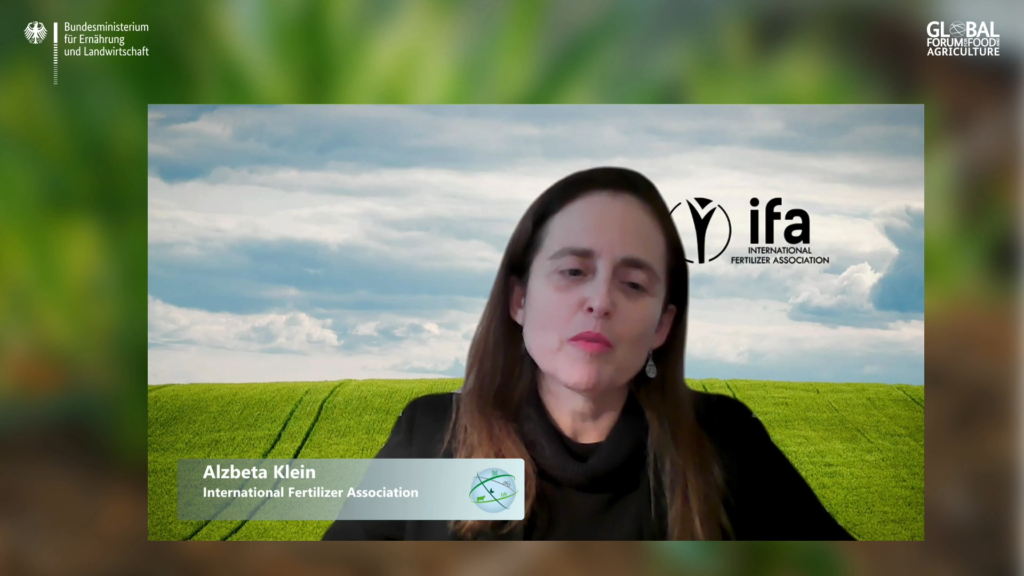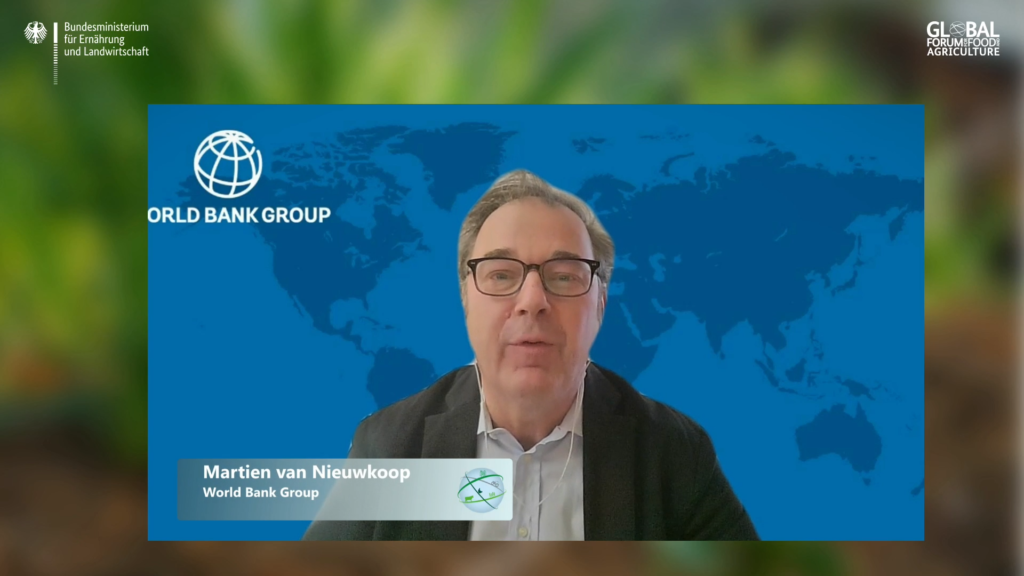Innovations to Boost Investment in Healthy Soils

The World Bank
Time: Wednesday, 26. January 2022, 3:00 p.m. – 4:00 p.m. (CET), subsequent deep dive 4:00 p.m. – 4:30 p.m.
Languages: English, German
Summary:
The objective of this session is to explore innovations in
financing models and partnerships required to engage the private
sector and close the gap in investment in healthier soils.
Investing in soil health can provide social, financial and
environmental benefits. Healthy soils build drought resilience,
increase yield stability, reduce nutrient loss and increase
carbon sequestration. These multiple benefits make soils one of
the most cost-effective ways to achieve food systems
transformation. Yet, investments in soils remain meagre. To
harness the nearly $600 billion in public support and trillions
in private investment in agriculture and food towards new
investments in soil protection and restoration, innovations in
financing and partnerships are required to bridge the gap
between the substantial economic and environmental benefits to
society and the frequent perception of limited financial
incentives for producers.
This session will highlight the challenges from the perspective of private sector producers, and the innovations in financing (e.g. outcome-based financing linked to technology-based soil carbon MRV systems) and partnerships (e.g. private companies and farmer groups through the Food Systems, Land Use and Restoration (FOLUR) Impact Program) whose wider application could drive soil protection and restoration at the scale needed to benefit of farmers, business and the environment and create healthy people, a healthy planet and healthy economies.



